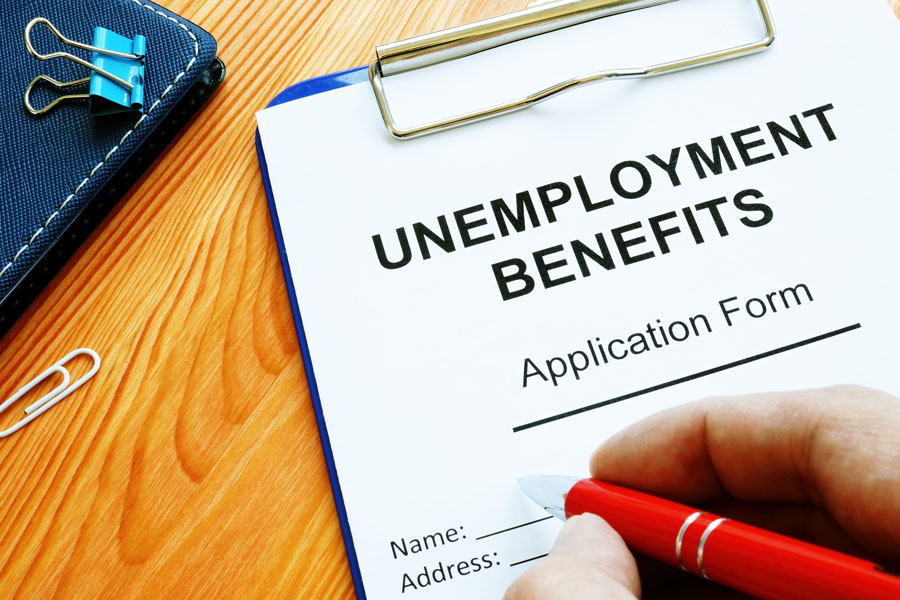If you recently filed for unemployment, scammers could be targeting you
Published at | Updated at
IDAHO FALLS – Unemployment claims are surging across the nation and the Secret Service recently confirmed there are scammers trying to add your name to the list of consumers collecting benefits.
Better Business Bureau Northwest + Pacific is alerting the public to a fast-growing scam in the Northwest centered around unemployment. A recent news report explained that the Secret Service is currently investigating a Nigerian crime ring for targeting state unemployment funds using the personally indefinable information and social security numbers of American consumers.
The con goes like this: Bad-actors target states that are already struggling to keep up with the overwhelming number of unemployment claims. Using stolen information, scammers file an unemployment claim on a consumer’s behalf. Only when the consumer receives a letter or is contacted by their state unemployment department about benefits, do they realize someone has filed using their info.
Since the start of COVID-19, unemployment claims have skyrocketed. Following suit, agents say reports of unemployment fraud have also risen sharply as identity thieves look to cash in on COVID-19.
Personally identifiable information used to file the claims may have been stolen from an earlier data breach similar to the one experienced by Equifax several years ago, which impacted millions of Americans. Believe it or not, it is not that hard for a bad actor to piece together an identity profile for you using what they can find publicly online combined with data from other breaches or hacks.
In many of these cases, the victims were still employed when they were alerted to the fact that someone filed an unemployment claim on their behalf. Some also reported they were not aware of the issue until they were contacted by their employer’s Human Resources department.
The Secret Service and consumer protection agencies, including BBB, are warning other states to be on high alert as this scam can be difficult to spot right away. So far, Washington has taken the biggest hit.
Better Business Bureau Northwest + Pacific has consumer tips for safeguarding information:
Reach out to Human Resources. If you’re employed and feel a fraudulent unemployment claim has been made on your behalf, reach out to your HR representative as quickly as possible. They can help prevent funds from processing under your name or provide direction if a claim has already been paid out.
Contact your state’s employment department. Fraudulent unemployment claims need to be reported directly to the office responsible for processing payments. Be prepared to provide information including your name, social security number and address. Give that information out only after you have confirmed that the link is secure, and the site is correct.
File a report with local law enforcement. Instances of identity theft, including unemployment fraud, should be reported to the police department operating in your area. Keep a record of all the information available to better facilitate that process.
Connect with each credit bureau. Make sure to report any instances of unemployment fraud to the three main credit bureaus: Experian, TransUnion, and Equifax. Those institutions can facilitate any needed security measures, including freezing your accounts.
Update and monitor your banking information. Continue to frequently change the password to your banking information. Remember to also review your banking information consistently for any unfamiliar charges, account openings, or withdrawals.
Call to Action: Consumers are encouraged to report unemployment fraud and other scams to BBB.org/ScamTracker. Additional information on protecting your personal information is available here.



